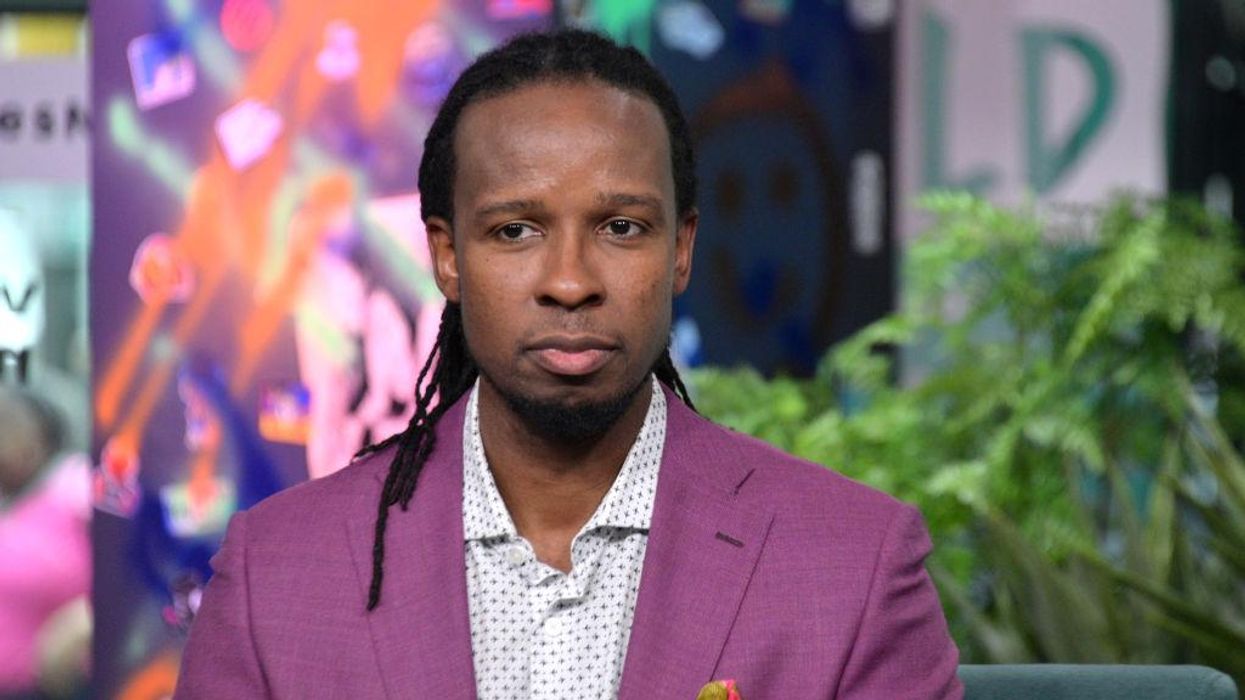
Michael Loccisano/Getty Images

Some of the country's most prominent evangelical churches, pastors, and theologians are starting to sound like secular activists and academics because they rely on sociology books rather than the sufficiency of the Bible to answer our most important questions on race.
At the heart of the matter is the embrace of the thinking and rhetoric of people like Ibram X. Kendi when it comes to explaining disparities between ethnic groups in social and economic outcomes. A recent article entitled "Structural Racism Isn't Wokeness, It's Reality" by David French highlighted some of these issues. French, an influential Christian conservative writer, details the controversy at McLean Bible Church over members who believe the pastor, David Platt, has embraced concepts like "white privilege" and critical race theory.
The article includes one quote from Platt where he claims that racial disparities exist and that "racialization" can be a problem even when overt discrimination is not present. French's own examples, including the impact redlining in the past has on education opportunities in the present for low-income black families, support Platt's main contention.
I don't doubt the sincerity of either of these men, but they show what happens when Christians trade in the solid rock of God's word and try to build a worldview on the shifting sands of secular social science. They think they can fuse good sociology with solid theology. Ultimately, they end up contaminating both.
French tries to use an Old Testament story about King David to advance the notion that a current generation can be responsible for remedying the sins of a past generation. He could easily have flipped over to the book of Ezekiel (chapter 18) to see what the Bible has to say about the matter:
The one who sins is the one who will die. The child will not share the guilt of the parent, nor will the parent share the guilt of the child. The righteousness of the righteous will be credited to them, and the wickedness of the wicked will be charged against them.
Notice here that the question is whether responsibility can be attached to either a child or father who committed no wrongdoing. French, Platt, and the many evangelicals who share their worldview on race and racial reconciliation go a step further. They seem to believe that white people today — everyone from the granddaughter of Polish immigrants to the white descendants of Union soldiers — are morally responsible for correcting the acts of racism perpetrated 200 years ago by people who simply look like them. That type of collective guilt based solely on skin color is all over the pages of the New York Times and the writings of Robin DiAngelo, but it is nowhere to be found in the scriptures. If it is, people like David French need to be clear about what sins of the past — or present — require repentance and atonement from every other ethnic group.
That's unlikely, because the people who think this way have adopted the worldview of Ibram X. Kendi, specifically the notion that the concept of personal responsibility is racist if it is used to explain racial disparities between blacks and whites. I reject that idea. The main thing that separates boys from men is responsibility, so I'm not interested in endorsing anyone — regardless of their color, credentials, or moral convictions — who suggests that improving social outcomes in black communities is more dependent on the benevolence of white people than the self-determination and agency of black people.
Children raised by the same parents in the same household often end up in different places in life. If starting with the same inputs can't guarantee equal outcomes for siblings, why would anyone expect individuals with different skills, priorities, and values to end up in the same place? The Christians who think the government can solve all inequities also don't understand the limits of public sector action. A city can commit to building recreation centers and libraries in every section of town. They may even put all the newest centers in the poorest parts of town. The decision on where to locate public resources is totally within the city's control. What is not in their control is how often residents exercise or read to their children.